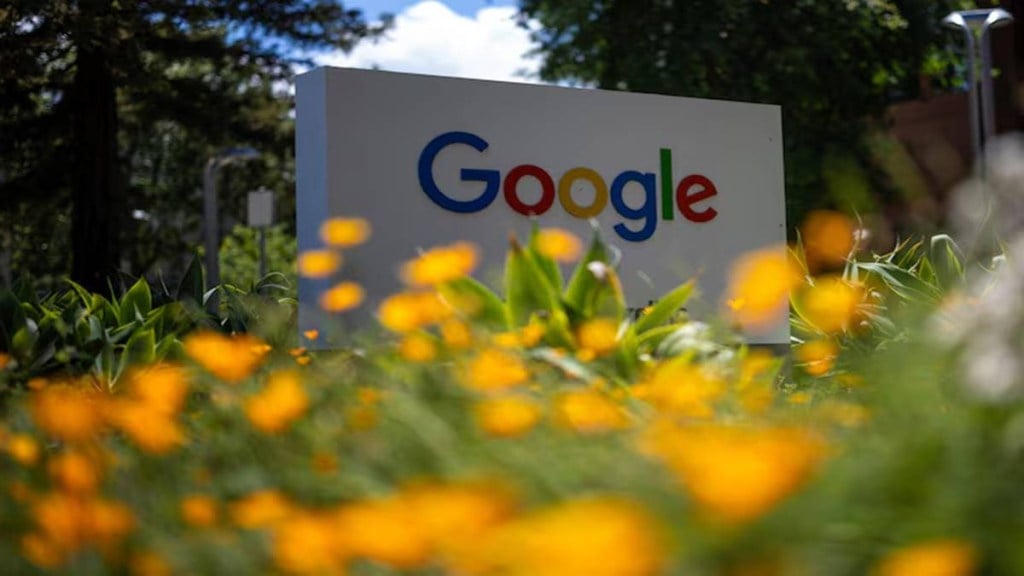In a first for a major tech company, Google announced on Monday that it has entered into agreements with two U.S. electric utilities. These partnerships aim to alleviate the stress on the power grid caused by the tech giant’s data centres. Under the agreement, Google has committed to decreasing its electricity consumption during periods of high demand of electricity for general utilities. Data centres belonging to Big Tech companies are reportedly overwhelming national utilities with electricity demands, with some regions experiencing demand that outstrips available power supplies.
Big Tech’s energy-intensive AI use outpaces power supplies
The shortage of available power for utilities has prompted nationwide concern about a future uptick in electricity bills for everyday homes and businesses. As per officials, the power constraints also pose complications for the technology industry’s expansion of Artificial Intelligence, which requires substantial amounts of electricity to be readily available.
Google signs its first agreement in demand-response programmes with utilities:
Google’s agreements with Indiana Michigan Power and Tennessee Power Authority would involve scaling back power use at the company’s data centres when requested by the authorities to free up space on the grid for general electric utilities.
These accords mark the first formal agreements signed by Google in demand-response programmes with utilities to temporarily reduce its machine learning workloads.
“This move enables large electricity loads like data centres to be interconnected with grids more quickly whilst reducing the need to build new transmission and power plants,” Google posted in a blog on Tuesday
“This initiative will further assist grid operators in efficiently managing power grids,” the Tech giant mentioned in their statement.
What are demand response programs?
Demand-response programmes were invented to better negotiate energy requirements with companies in energy-intensive industries like heavy manufacturing or cryptocurrency mining.
Under the program, these companies enter an agreement with electricity utilities or power authorities in the US to reduce the stress on power grids in exchange for reduced power bills.







